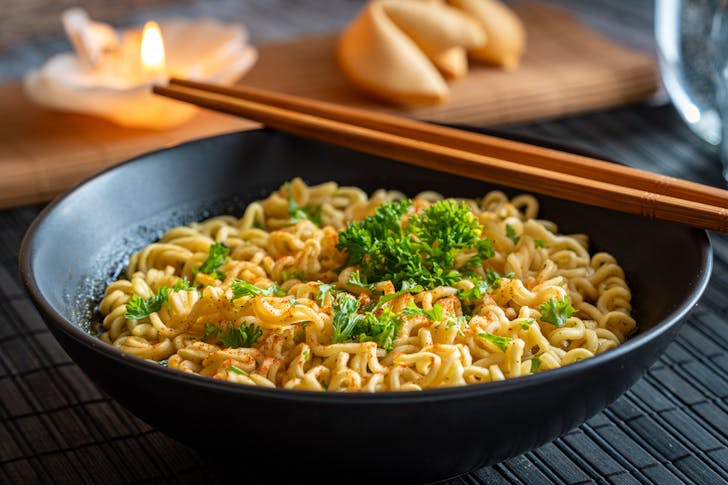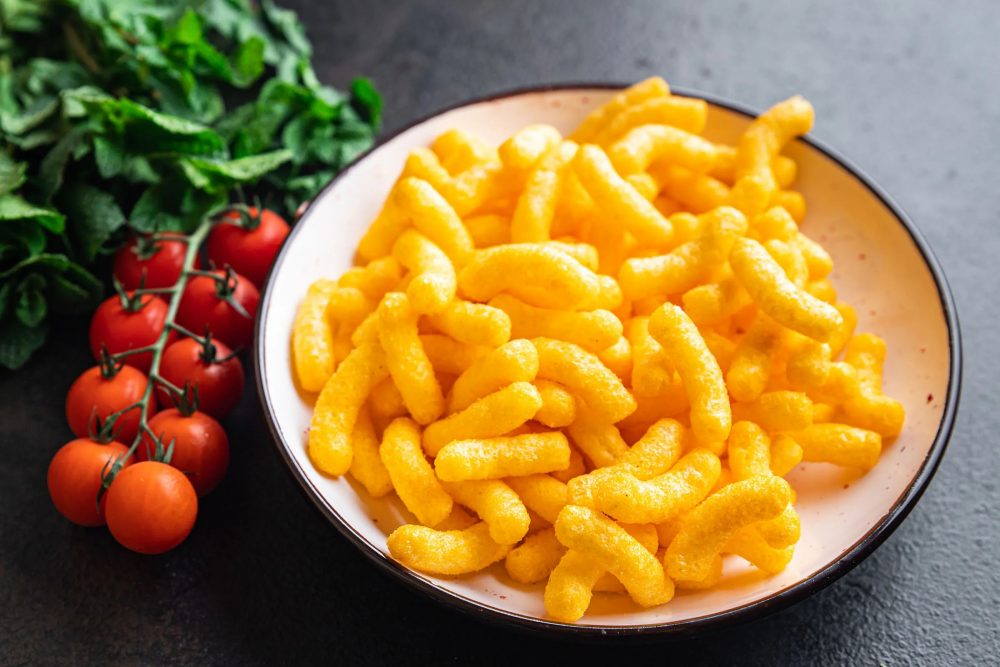Metabolism is the process your body uses to turn food into energy. And spicy food? It might just give that system a kick in the pants.
When you eat spicy foods like chili peppers, your body reacts. Capsaicin, the heat-packed compound in peppers, starts working instantly. It fires up your internal engine, turning a regular meal into a fat-burning session. And that is only the beginning.
Temporary Metabolism Boost
Metabolism gets a quick bump right after eating something spicy. That is because capsaicin heats up your body, and your body burns more calories to cool itself back down. This reaction is called thermogenesis.
Even though it is temporary, the effect is real. Some studies show your body may burn up to 50 extra calories a day just from the spice. Doesn’t sound like much? Stack that over weeks and months, and it adds up without you lifting a finger.
Burning Fat Instead of Storing It
Essentially, metabolism uses energy from fat, and spicy foods push your body to use more. Capsaicin helps activate a process called lipolysis, where your body breaks down fat to use for fuel.

Guvo / Pexels / Spicy foods help burn fat in your body, which makes you healthier in the long run.
There is another player here, too. Brown fat. It is a special kind of fat that burns energy to keep you warm. Spicy foods, especially those with chili, seem to “turn on” brown fat. That means more fat-burning action, even while you are sitting still.
Lowered Appetite
Metabolism is closely tied to how much you eat, and spices might help you eat less. Capsaicin influences hunger hormones, especially one called ghrelin. Less ghrelin means you feel full faster.
Some people notice they eat smaller portions when their food has a spicy kick. That is not your imagination. Your brain gets the message that you are satisfied sooner, which can help you manage weight without trying too hard.
Some research shows that regular chili pepper intake can help control blood sugar levels. For people with insulin resistance or type 2 diabetes, this could make a real difference.
Add a little spice, and you might help your body process carbs more smoothly.
Support Heart and Weight Health
Studies have found that regular spice eaters often have lower cholesterol and better blood pressure numbers.
There is even a connection between spicy food and a longer life. One major study found that people who ate spicy meals almost every day were less likely to die early, especially from heart-related issues.

Cristian / Pexels / Metabolism changes over time, and spicy foods may keep it working better longer.
That is not a guarantee, but it is a sign your spice habit might be doing more good than you thought.
Sure, the focus here is metabolism. But spicy foods bring other benefits, too. They may help your gut by boosting healthy bacteria. That means better digestion, which connects back to how efficiently your metabolism works.
They are also full of antioxidants and can fight inflammation. Turmeric and ginger, for example, pack powerful anti-inflammatory compounds that help your body stay in balance. That is key for keeping your systems running smoothly, including metabolism.




